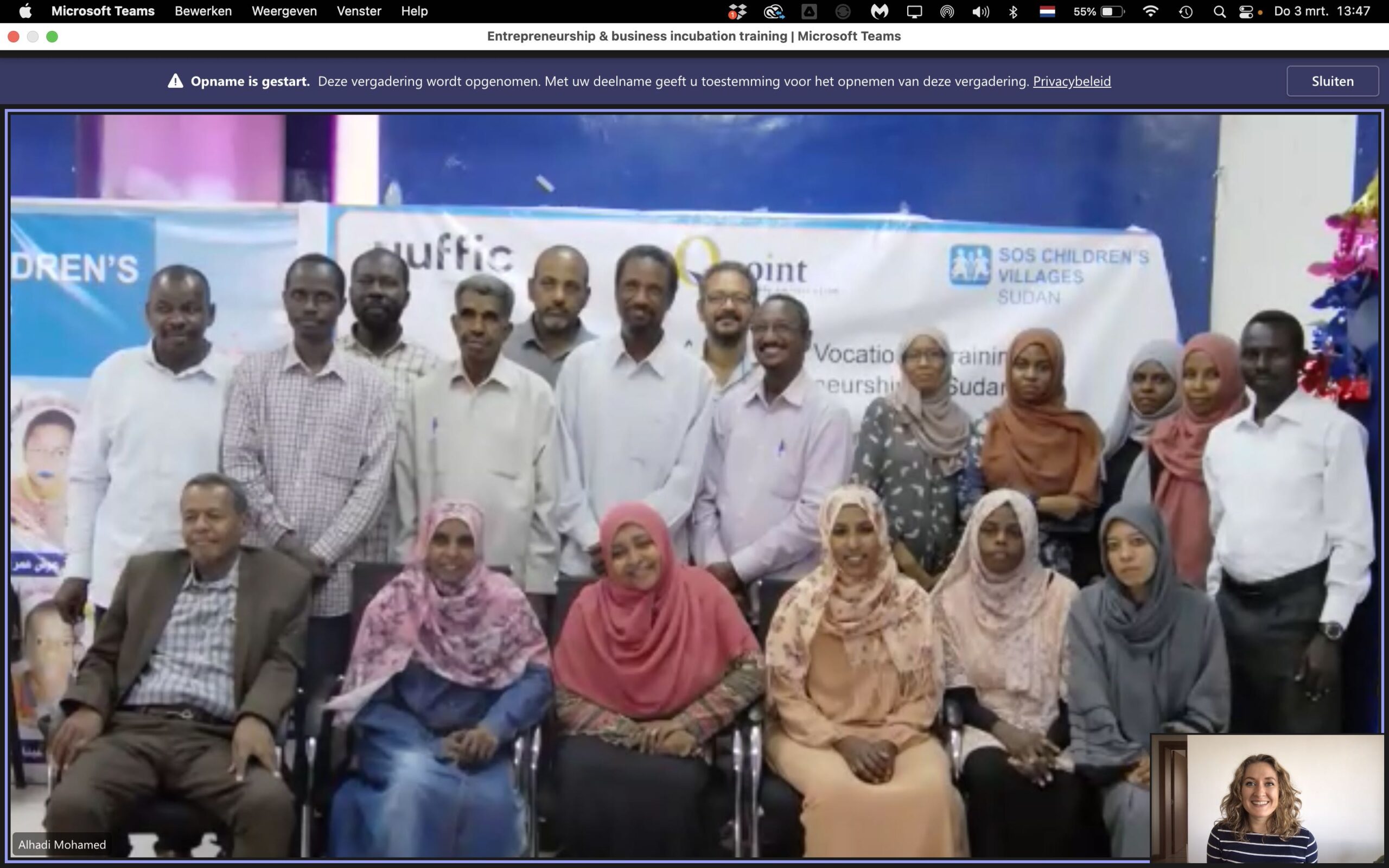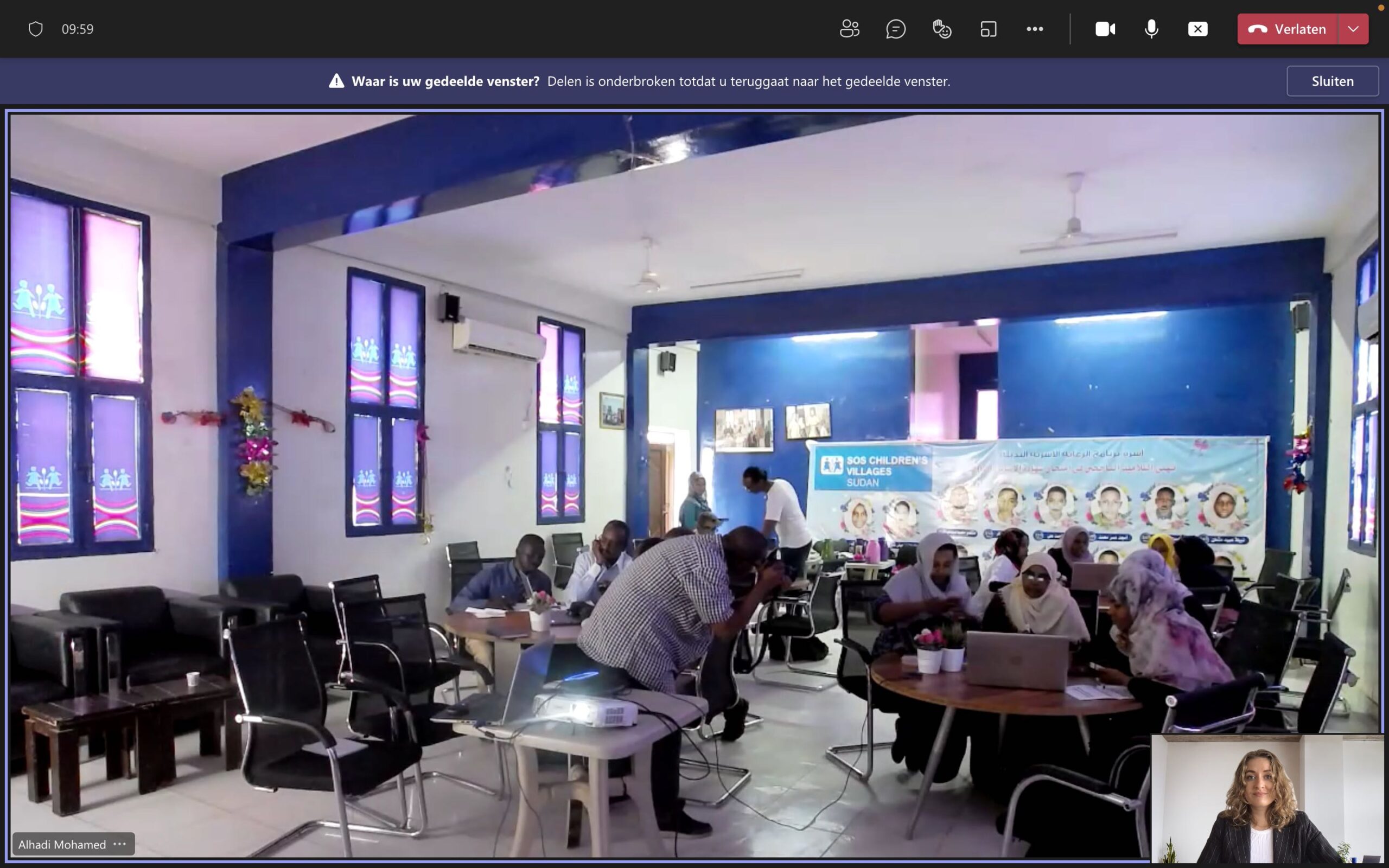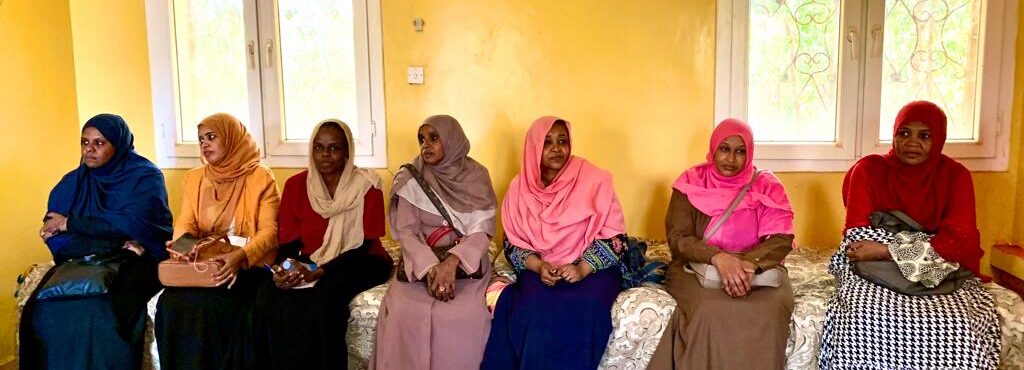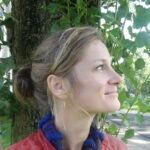INMAAI Center for Agricultural Training is a vocational training center in Sudan. The Center provides competence-based learning, which means practical on-the-job-training in order to become well-prepared for the labour market. Those who complete the training become qualified to enter the job market. If not, they have to go through the training process again to ensure they acquire all the knowledge and scientific technical skills required for the agricultural works.
Up till 2021, INMAAI Training Center has trained 3820 male (representing 66 %) and 2987 female (representing 44%) students.
Poverty, disability, gender, migrations status and language barriers are some of the major issues that drive exclusion from education at all levels, affecting women and girls in particular. The current Covid-19 pandemic has only served to further entrench existing inequalities and widening divides between others.
Women and girls are disproportionally affected by this crisis. Despite progress, more girls than boys remain out of school and more women than men are locked out of economic opportunities.
Up to 80% of the population in Sudan (approx.. 32 million people) are engaged in agriculture as a principle livelihood strategy and can be summarized into three main categories: livestock, cropping, forestry.
Despite the high percentage of workforce in agriculture, about 9.6 million people are facing crisis or worse levels of acute food insecurity in Sudan.
Food security is tightly linked to agricultural production. Subsequently, market access is important for the sale of agricultural produce with people living closer to Khartoum having better access to markets, whilst those further away face lower prices for their produce and difficulties of distance to main markets.
In regard to improve the above-mentioned challenges, INMAAI Center offers a variety of training in areas of agriculture and horticulture, including nursery, irrigation systems, planning, green houses, crops production, using of fertilizers and insecticides/pesticides, beekeeping, fish breeding/farming, animal fattening, production of fruits and vegetables, and poultry.
In addition, INMAAI Center wants to achieve gender equality throughout the institute, having a 50-50% female-male student balance, conducive study and learning environment, women empowerment programme and smooth transition to (self)employment for all.
To strengthen the skills and autonomy of women and girls, Q-Point provides support in project coordination, training development, blended learning, gender mainstreaming, value chain management and entrepreneurial-related training.
This training capacitates INMAAI Center to be able to take an active role in:
- Empowering female students through entrepreneurial- and social-emotional skill development, focusing on female leadership
- Personal growth and development services, mentoring undertakings and talent development programs, especially targeting the needs of female students and graduates.
- Initiating of collaborative projects with the agricultural sector involving INMAAI Training Center;
For this project, we collaborate with SOS Children’s Villages Sudan. Apart from their main activity: creating safe and caring environments children to grow and reach their full potential, SOS is active in the area of youth empowerment and employability with focus on marginalized segments of the community, particularly, girls.

Training participants during the online Entrepreneurship training

Training participants at work



